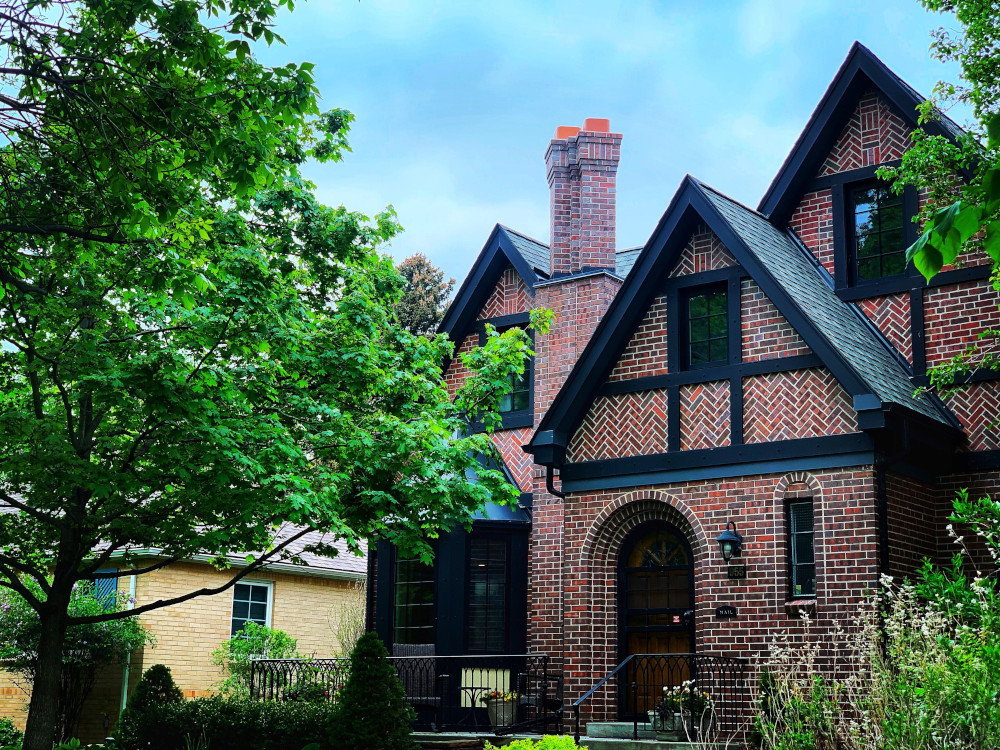Can I sell my house to my child to avoid Medicaid?
Nursing home care is expensive. On average about $8000 a month in the Denver area. Medicaid will help you pay for it; but first your must “spend down” enough of your assets to qualify for Medicaid. You likely won’t have to sell your home if you enter residential care. Medicaid however, will make a claim against your estate during probate to recover the funds it used on your behalf. This process is known as estate recovery. And it may result in a claim against your house.
Recently someone asked me if they could sell their house at below the fair market value to one of their children, to keep it out of the hands of Medicaid. My response was, “Probably not.”
Although there are some instances ownership can transfer without a Medicaid penalty, most of the time they’re going to get their money.
Medicaid Transfer Exceptions
There are some situations in which a transfer of the family home can occur without triggering the Medicaid penalty they are transfers to:
- Your spouse.
- A disabled or blind dependent or a child who is under the age of 21.
- A caretaker child who lived in the home for two years before the Medicaid recipient moved into a nursing home.
- A sibling who already is on the deed and who lived in the home a year before the recipient moved into a nursing home.
10 CCR 2505-10, Section 8.063.15 and 16
Medicaid Five Year Look-Back Period
Under Colorado Law, there is a five year “look-back” period. This means if you sell your home for less than what it’s worth, during the five years before you apply for Medicaid; your application may be denied and your benefits delayed. This rule prevents people from purposefully spending down their assets in order to qualify for Medicaid. In effect it prevents them from defrauding the government.
Many folks think to themselves, since they plan to leave the house to the kids eventually; why not make the transfer now and avoid the five year look-back duration.
There’s a few reasons you may not want to do that. First, you may never need long-term residential care. Second, a transfer to early many hurt your kids financially. And lastly, once you transfer the house, you’re giving up all your rights to ownership of it.
Loss of Stepped Up Tax Basis
When someone inherits property, they receive a “stepped up” tax basis. This will benefit them when they sell the house. The step up in basis means that their basis in the house is its current value. The person who inherits the property will only pay capital gains taxes on the difference between the selling price of the house and the tax basis. (the value of the home when the inherited it)
On the other hand, if you transfer the house to your children while you’re still alive; they’ll lose the step up in basis. They’ll have to pay capital gains on the difference between what you paid for it, and the selling price. If you purchased your home in the 60’s, 70’s or 80’s, your heirs could pay substantial amounts in capital gains taxes.
Loss of Ownership Means Loss of Control
If you transfer your house to your kids, you hope they will maintain it, and do with it as you expect them to. In reality, once you transfer your house to your children they own it. They have the legal right to do whatever they want with it, including selling it.
Even with the best of intentions, the house could still be at risk. If they own it, creditors could place a lien on it. If they get divorced, your former in-laws may wind up moving in.
What to do?
Unfortunately, until our health system is changed, there are no good options for seniors who enter long term care facilities. One solution is to place the family home in an irrevocable trust. Of course, this transfer to the trust is subject to the five year look back period. Also, some control of the ownership is lost. The trustee won’t be able to sell the home from under you, but you’ll have to age in place. Unless, you go to a nursing home.
